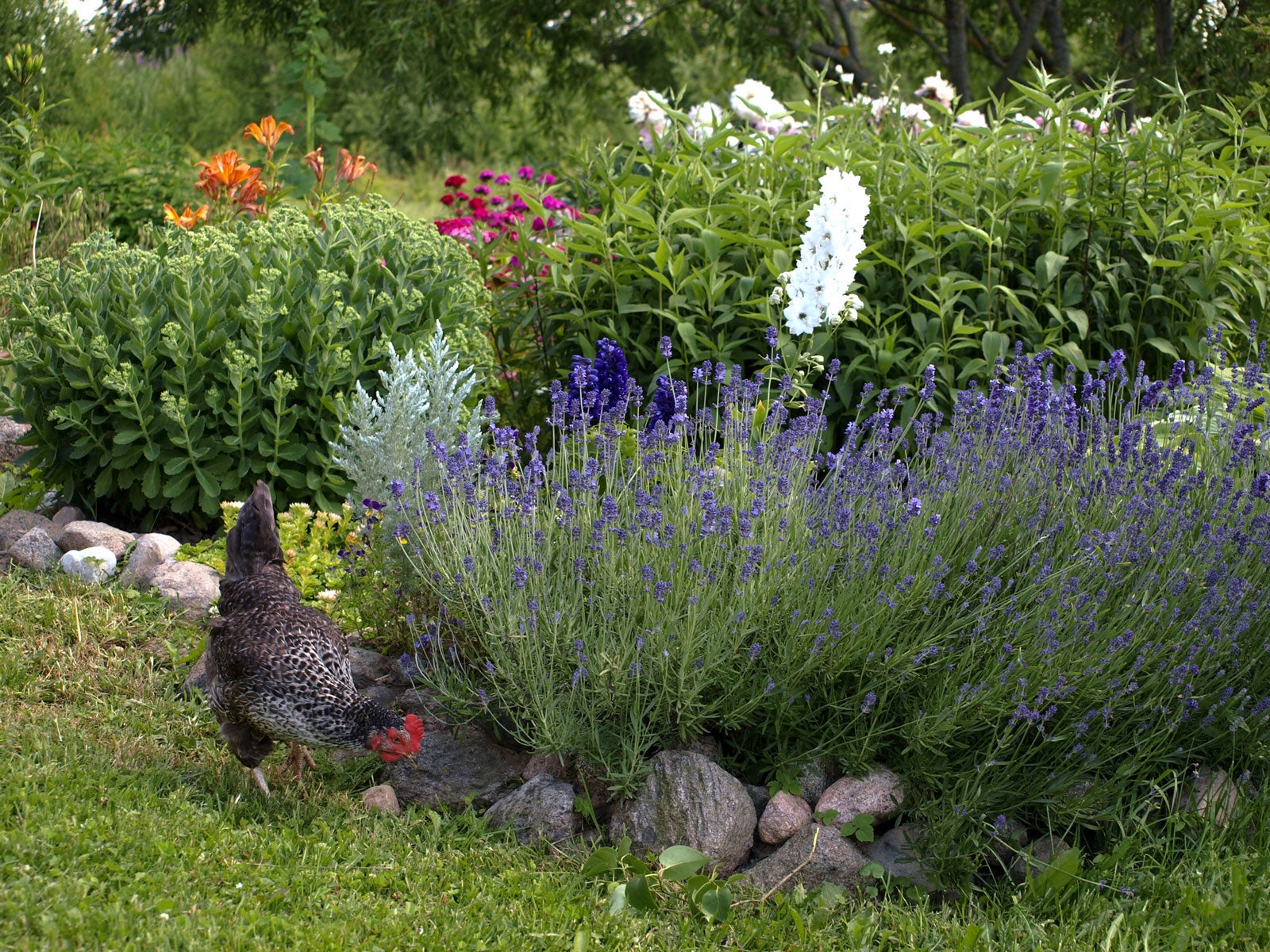
What animals are good for gardens? As gardeners, we are all aware of beneficial insects (such as ladybugs, praying mantids, beneficial nematodes, bees, and garden spiders, to name a few) that are responsible for maintaining that delicate balance between good and bad organisms that affect the garden. However, other helpful animals in a garden are either already in residence or can be encouraged to make it their home.
What Animals are Good for Gardens?
Just as there are good and bad insects and pathogens in the garden landscape, there are also a number of beneficial wildlife vertebrates that can be lured into the garden via the provision of shelter, food and water sources. One such example is incorporating a pond into the garden, which will encourage frog habitation as well as providing a drinking water source for all other creatures. Planting native trees and a lack of domesticated cats will foster native birds important in keeping insect populations from becoming rampant. Many types of flowers can be included in the garden to entice hummingbirds and butterflies. Lizards, toads, and snakes are extremely beneficial garden animals and can serve to decrease the harmful insect population. Snakes can also keep an overly robust rodent population down to a dull roar. And don't forget bats. Bats are the major predator of mosquitoes and thus, protect us from potentially dangerous mosquito bites. A bat house can encourage these valuable mammals to make your home theirs as well. Even if there is no direct correlation between these species and the health of your plants, including native wildlife in the garden landscape creates and conserves the natural habitat of your region.
How to Attract Beneficial Animals
As mentioned, a water source such as a pond or any water feature is a powerful attraction for vertebrates and invertebrates alike. All animals need to drink water and it also gives birds a place to bathe; thereby encouraging their stay as well as a variety of bird houses for nesting sites. Secondly, you will need areas of shelter where the animals can raise their young and hide from predators. You may want to do a Web search under “native plants,” “natural landscaping” or “wildlife landscaping” and include the name of your region to find out what plants to incorporate for animals indigenous to your area. Additionally, the local government wildlife office can assist you with information regarding the wildlife in the area and may also be able to steer you away from any potential conflicts or damage that could occur in the garden due to a particular animal. Consider planting for every season so the animals you are trying to attract have a safe haven whether it's summer or winter. Evergreens are an ideal wildlife habitat in this regard, maintaining their foliage year round. Additionally, native grasses provide cover and nesting sites for birds and small mammals all year long, as well as forage for deer, rabbits, woodchucks, field mice and others. It may also be a rich predation site for hawks, foxes, owls, coyotes, and many other wildlife; keep this in mind if you do not wish to encourage some of these predators. Not every wild animal is a vegetarian! Also, planting plenty of vegetation with different flowering and seed times will ensure the wildlife has year round food and keep them from raiding your veggie garden. Include trees, shrubs and vines that bear seeds, cones, nuts, and berries. Many flowers, ground covers, herbs, ferns and, of course, veggies provide food for native critters. As such, you may wish to plant extra; some for you to harvest and some for your animal friends to nibble on.
Domesticated Beneficial Wildlife
You may also wish to introduce domesticated fowl such as chickens or ducks to the garden. These animals can forage in the garden; thereby reducing the number of less desirable slugs and snails and providing you with delicious, nutritious eggs. Other livestock can provide valuable manure for composting, which will benefit the garden with its nutrients, encouraging bountiful harvests. Avoid the use of herbicides and pesticides that can be harmful or even deadly to the beneficial garden animals. Never feed the wild animals directly. This can encourage them to go where they are not welcome, reduce their natural instinct in self-preservation and cause conflict which could result in their injury or even death.
Sign up for the Gardening Know How newsletter today and receive a free copy of our e-book "How to Grow Delicious Tomatoes".

Amy Grant has been gardening for 30 years and writing for 15. A professional chef and caterer, Amy's area of expertise is culinary gardening.
